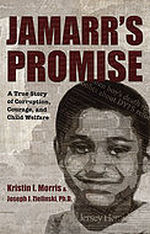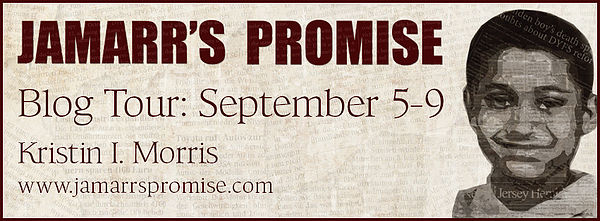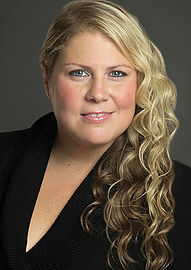 Jamarr’s Promise: A True Story of Corruption, Courage, and Child Welfare
Jamarr’s Promise: A True Story of Corruption, Courage, and Child Welfare
by Kristin I. Morris, Joseph J. Zielinski, Ph.D.
ePUB, 160 pg.
Wisdom House Books, 2017
Read: August 31, 2017

Here’s a book that should apply to a wide variety of people — others who believe that Child Protection Services (using that as a generic term for all sorts of states’ services); those who are convinced that the system will work if we trust it and have the right people in it; those who are convinced that New Jersey’s state government is impossibly corrupt; those who like True Crime; and many others. Sadly, what all these different potential readers get is a poor book.
Jammarr Cruz was a nine-year-old whose Division of Youth and Family Services case worker was unable to keep his mother and her boyfriend from exercising their legal right to take the boy home. She fought it as hard as she could, but ultimately she was thwarted by those over her — the boy went home and died a few months later. Kristin Morris, the caseworker, despite a total lack of evidence of her culpability, lost her job because of it. The book details her efforts to clear her name, get her job back, and make changes to prevent this from happening again. Meanwhile her family suffers, her finances suffer, as does her health (mental and otherwise).
Now, I’m supposed to be talking about the book, not about the events in it. Which is a shame, because I’d much rather talk about that.
The book is told in the present tense — which is a choice that I do not understand. I rarely understand that as a choice in fiction, but in a book that is detailing past events in an actual person’s life? It just makes no sense.
The biggest problem with this book is the length — 160 pages is not enough space to do it justice. 260 may have worked, 350 would’ve been better — I’m guessing on page length, but I know that 160 just didn’t do it. Too much of the book has to be told in summary form, where things had to be compressed and details had to be discarded. Sometimes, it made it hard to follow the sequence, sometimes it made it hard to sympathize with her because months would be brushed aside in a line or two. If they’d taken the time to fully explain how things happened, the reader would have a better sense of the chronology after Jamarr’s death, would better be able to understand what she went through, and how this all had a horrible impact on her family.
Oddly, even given space limitation, there’d be a conversation that would recap the narrative we’d just read (or vice versa). Something else that didn’t make sense to me.
Given the lack of details, the who so much is summed up and the reader is left to fill in many of the blanks themselves, this frequently comes across as a series of Facebook statuses from that friend who is always going on about how difficult their life is — not the reasoned defense of actions made my a competent and caring professional — which is what i think the book was intended to be, and I do think that’s what she is. Also, much of what she says seems more open to criticism and doubt since we’re just given a brief glimpse from a pretty biased source.
This book could’ve been so much better. The tragedy it describes, the injustices it describes deserve something more than this. Morris herself should’ve had a better representation to the world at large than this. But all we’re given is this synopsis of a book, not the book itself (or at least what should be the synopsis of the book).
Disclaimer: I was provided with a copy of this novel in exchange for this post, my participation in a book tour and my honest opinion. I think it’s clear that my opinion wasn’t swayed by that.
—–





